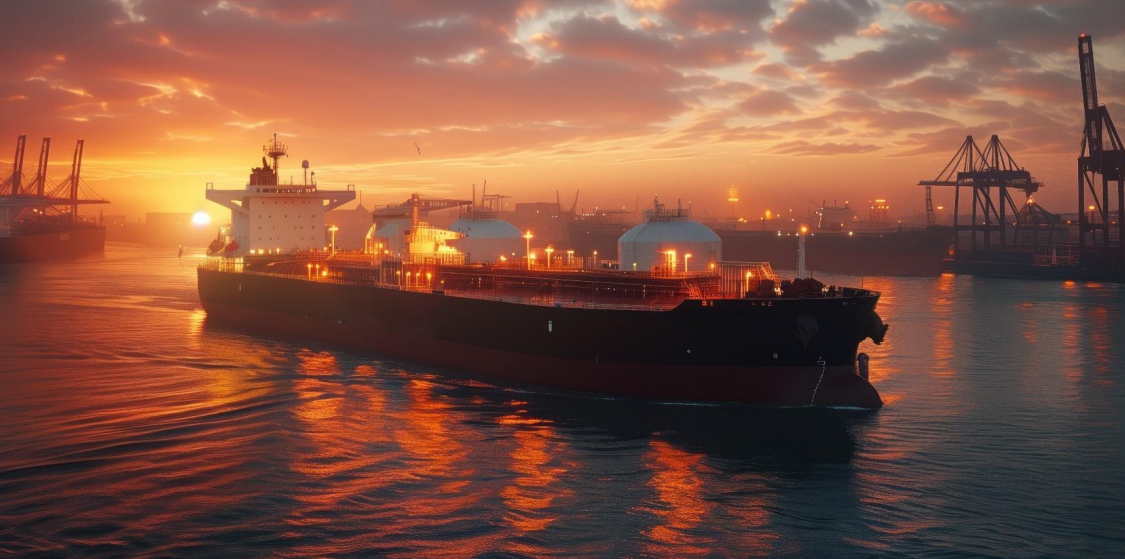
A new report from Carbon Tracker, an international financial think tank, highlights significant economic risks in the proposed expansion of British Columbia’s liquefied natural gas (LNG) industry.
The report, titled Turning Tides: The Economic Risks of B.C.’s LNG Expansion in a Changing Energy Market, was conducted with support from the Pembina Institute and the David Suzuki Foundation. It compares the economics of all proposed LNG projects worldwide without a final investment decision.
The report cautions that the four LNG terminals in British Columbia awaiting final investment decisions will likely struggle against international competition. Major LNG producers in Qatar, the United States, and Mozambique are expected to deliver substantial volumes of LNG at lower prices, potentially out-competing B.C.’s projects.
According to the report, due to timing, British Columbia’s LNG industry may face additional challenges. The report notes that current development timelines indicate that B.C. projects would begin operations just as global LNG production plateaus, making them late entrants to a market already controlled by established producers who benefit from economies of scale.
Carbon Tracker’s analysis draws on data suggesting that the global LNG market could become oversupplied by the end of this decade. The International Energy Agency has indicated that the current global LNG infrastructure is sufficient to meet demand through 2040, even under a conservative energy transition scenario.
Janetta McKenzie, Oil and Gas Program Manager at the Pembina Institute, said the report is a reminder that these projects carry significant economic risk under a shifting global market for natural gas. “B.C. taxpayer dollars should be leveraged to attract low-carbon investment in clean growth industries as a priority over additional investments in plateauing fossil fuel markets.”
Thomas Green, Senior Climate Policy Adviser at the David Suzuki Foundation, emphasized the risks tied to fossil fuels amid rising renewable energy investments. “With the extraordinary rise of inexpensive renewables, it’s clear that fossil fuels will play a smaller and smaller role in global energy systems. This report highlights the big economic risk facing those in B.C. backing further expansion of the liquefied natural gas industry,” he said.
Maeve O’Connor, an analyst at Carbon Tracker, said the demand for gas is predicted to peak by 2030, and the global LNG market is facing a glut of new supply in the next few years. “Our research shows LNG projects in B.C. will be out-competed on price by other producers and, by the time they come online, will be late entrants to an already crowded LNG market. This report is a warning to investors, policymakers, and communities – returns from new projects are a risky bet.”


